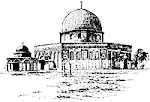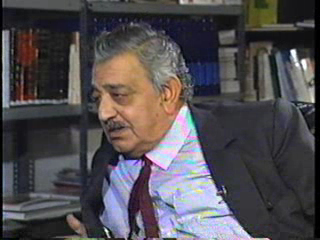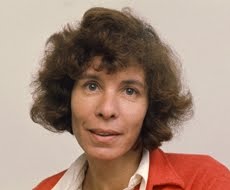NATO intervention in libya, 46% thought it was the wrong thing to do.
Jim Lobe of IPS reviews the annual "Arab Public Opinion
Survey" conducted by Shibley Telhami of the Brookings Institution, which, as he reports, concludes that Turkey is viewed as having played the "most constructive"
role in the past year's events. Its prime minister, Recep Tayyip
Erdogan, emerged as the most admired leader by far in the region.
The 2011 edition of this annual annual survey, which was conducted during the last half of October, was
based on detailed interviews of some 3,000 respondents from urban
centres in Egypt, Morocco, Jordan, Lebanon, and the United Arab
Emirates (UAE). It also included Saudi Arabia, the results from
which, however, arrived too late to be weighted with the other five
countries.
Most Arabs, according to the new poll, continue to
believe that Washington's policies in the Middle East are mainly
driven by its desire to control oil and protect Israel from its Arab
neighbours. Only five percent said they believe the U.S. is driven by
the desire to spread human rights or democracy.
As in previous surveys, Israel and the United States are also seen as
posing by far the greatest foreign threats to Arabs – at least
several times greater than Iran despite the fact that a majority
believe Tehran is trying to develop nuclear weapons and that its
success in that effort would have a "negative" impact on the region.
The poll also found overwhelming support for opposition forces
battling autocratic governments in Syria (86 percent) and Yemen (89
percent), as well as strong support in the region for the opposition
in Bahrain (64 percent), although majorities in the two Gulf
countries – the UAE and Saudi Arabia – said their sympathies lay more
with the Al-Khalifa monarchy, according to Telhami.
It also showed a striking ambivalence about the foreign intervention
in Libya that contributed to the eventual ouster – and killing – of
Col. Muammar Gaddafi. Asked to assess, in retrospect, the
intervention, 35 percent of respondents said it was the "right thing
to do", while 46 percent said it was the "wrong thing to do".
Of the Egyptians, when asked about their perceptions of the intention of the Supreme Council
of the Armed Forces (SCAF), 21 percent said it was to "advance the gains of the
revolution", while more than twice that number (43 percent) said it
was to "slow or reverse" the revolution's gains. Fourteen percent
said the SCAF was "indifferent". And when Egyptians were asked what foreign country they wanted their
political system to most closely resemble, 44 percent chose Turkey,
followed by France at 10 percent, and Saudi Arabia, China, and
Germany at eight percent each.
(Click here for IPS's complete article, and here for the complete Brookings survey)
-


.jpg)



No comments:
Post a Comment